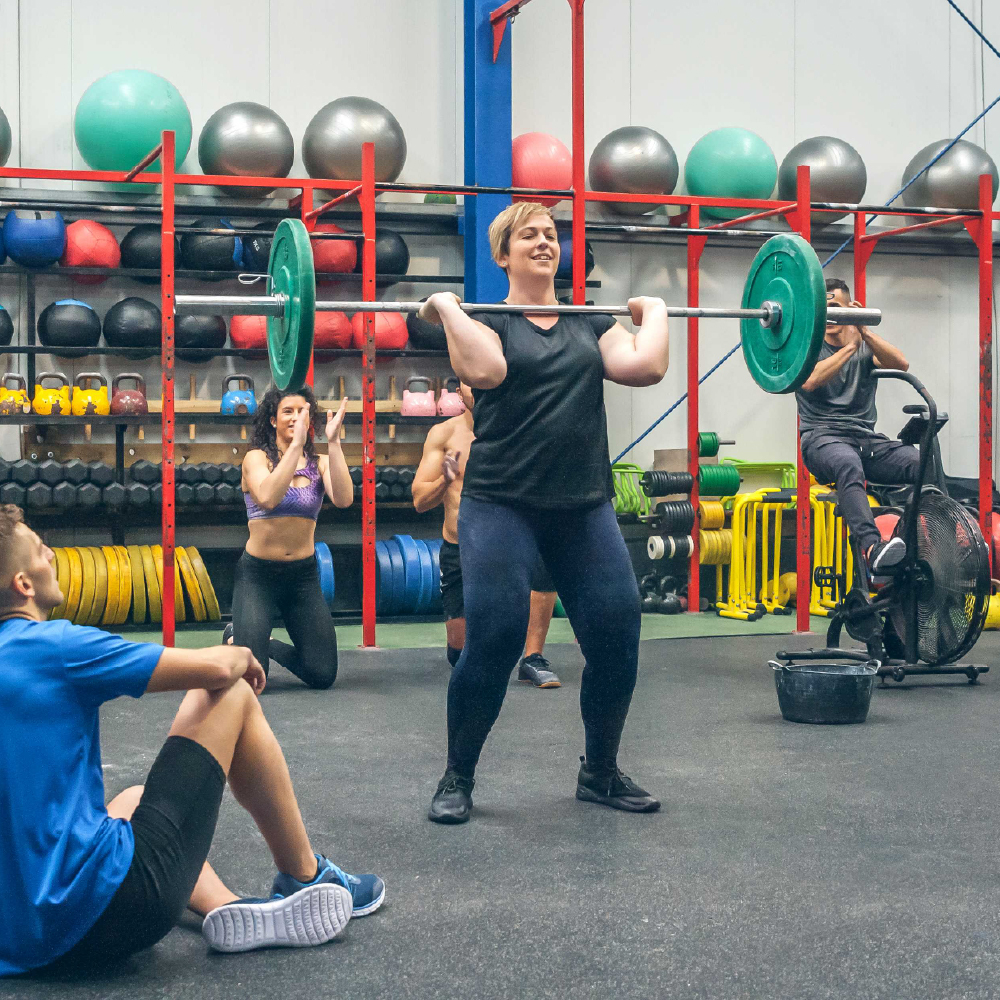
Football demands a unique combination of speed, strength, agility, and endurance. Traditional training methods often focus on these elements separately, but incorporating functional training into your football workouts can enhance your performance on the field. Functional training mimics the movements you perform during a game, helping to improve your overall athleticism and reduce the risk of injury. This article explores how you can integrate functional training into your football regimen to take your game to the next level.
Understanding Functional Training
Functional training is a type of exercise that emphasizes movements and exercises that improve one’s ability to perform everyday activities. Unlike traditional strength training, which often isolates specific muscles, functional training involves multi-joint, multi-muscle exercises that replicate the movements one makes in real-life situations. This training improves coordination, balance, and flexibility, which are crucial for football players.
Functional training exercises are designed to enhance the efficiency and effectiveness of your movements, making you more agile and responsive on the field. By focusing on exercises that mimic the demands of football, you can improve your performance in key areas such as sprinting, jumping, and changing direction.
Core Strength and Stability
A strong core is essential for football players, as it provides the foundation for almost every movement on the field. Functional training exercises that target the core muscles can help improve stability and balance, allowing you to maintain control and power in dynamic situations.
Some effective core-focused functional exercises include:
Plank Variations: Planks and their variations (side planks, plank with arm lift, etc.) are excellent for building core strength and stability.
Russian Twists: This exercise targets the obliques and helps improve rotational strength, which is important for changing direction quickly.
Medicine Ball Slams: This dynamic exercise engages the entire core and helps develop explosive power.
Incorporating these exercises into your routine will help you build a solid core and improve your balance and stability during complex football movements.
Enhancing Agility and Speed
Agility and speed are critical components of football performance. Functional training can help you develop these skills by focusing on exercises that improve your ability to accelerate, decelerate, and change direction quickly.
Key exercises to enhance agility and speed include:
Ladder Drills: These drills improve foot speed, coordination, and agility. Examples include the lateral shuffle, in-and-out drill, and crossover step.
Cone Drills: Drills such as the “T-drill” and “5-10-5 shuttle run” mimic the quick changes in direction you make during a game, enhancing your agility and reaction time.
Plyometric Exercises: Exercises like box jumps, bounding, and depth jumps develop explosive power and speed, which are crucial for sprinting and jumping.
Incorporating these exercises into your training regimen can improve your ability to move quickly and efficiently on the field, giving you a competitive edge.
Building Functional Strength
Functional strength training focuses on exercises that improve the overall strength and coordination of the muscles used in football. Unlike traditional weightlifting, it often involves using free weights, resistance bands, and body weight exercises that engage multiple muscle groups.
Effective functional strength exercises include:
Kettlebell Swings: This exercise targets the posterior chain (hamstrings, glutes, lower back) and helps develop explosive power and endurance.
Single-leg deadlifts: This exercise improves balance, coordination, and strength in the lower body, which are essential for stabilizing and moving efficiently on the field.
Push-Pull Exercises: Incorporating push (e.g., push-ups, bench press) and pull (e.g., rows, pull-ups) exercises into your routine ensures balanced strength development in the upper body.
These exercises help build functional strength, leading to improved performance in football-specific movements.
Injury Prevention and Recovery
Injury prevention is a crucial aspect of any football training program. Functional training can help reduce the risk of injury by improving the strength and stability of muscles and joints, enhancing flexibility, and promoting better movement patterns.
Key functional training exercises for injury prevention include:
Foam Rolling and Mobility Work: Using a foam roller and performing mobility exercises can help release muscle tension, improve flexibility, and enhance recovery.
Stability Ball Exercises: Exercises such as stability ball leg curls and stability ball push-ups engage the stabilizing muscles, helping to prevent injuries.
Balance Training: Incorporating balance exercises, such as single-leg stands and balance board drills, improves proprioception and reduces the risk of ankle and knee injuries.
By prioritizing injury prevention and recovery in your training regimen, you can stay healthy and perform at your best throughout the season.
Integrating Functional Training into Your Routine
To effectively incorporate functional training into your football workouts, identify the specific movements and skills you need to improve. Then, select functional exercises that target these areas and incorporate them into your existing training regimen. Aim to include a variety of exercises that address core strength, agility, speed, functional strength, and injury prevention.
It’s essential to progress gradually and listen to your body, ensuring that you perform exercises with proper form and technique. Working with a coach or trainer who understands functional training can also help you design a personalized program that meets your needs and goals.
Incorporating functional training into your football workouts can significantly enhance your performance on the field. By focusing on exercises that mimic the demands of football, you can improve your overall athleticism, reduce the risk of injury, and take your game to the next level.